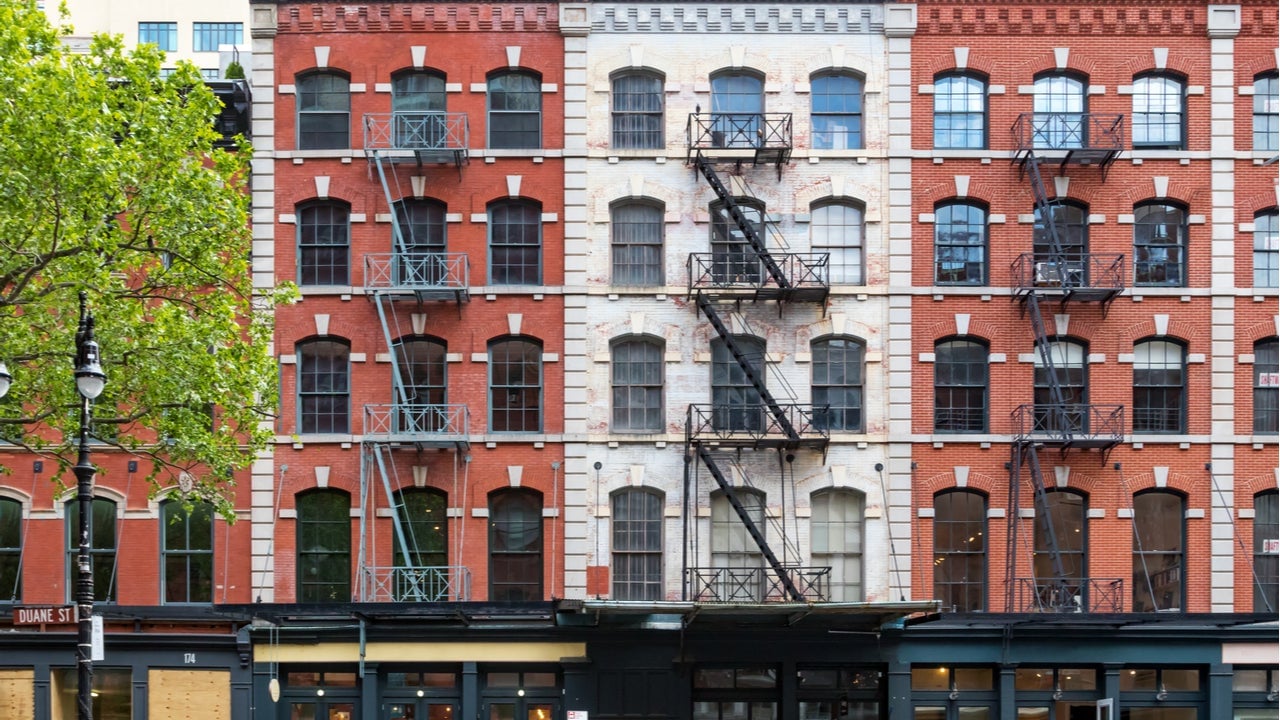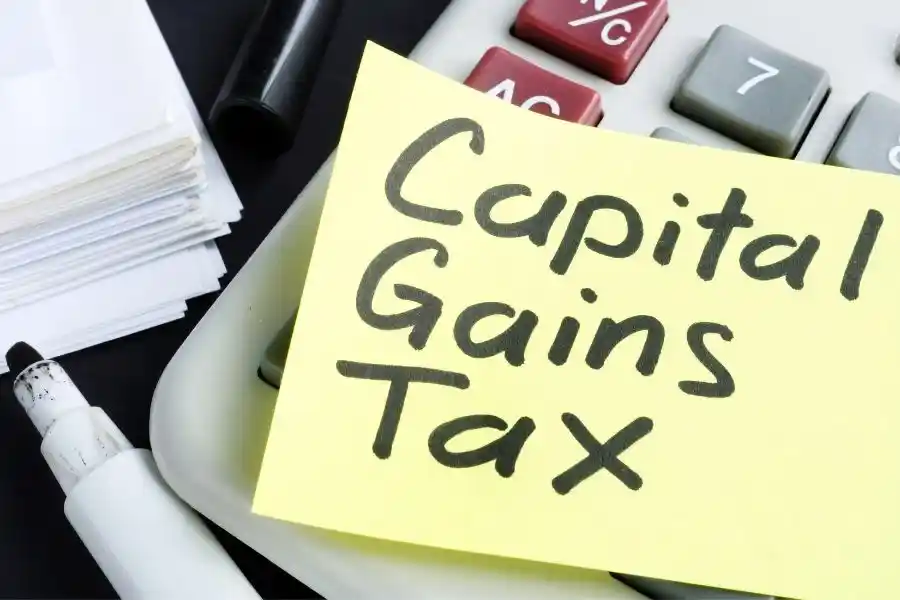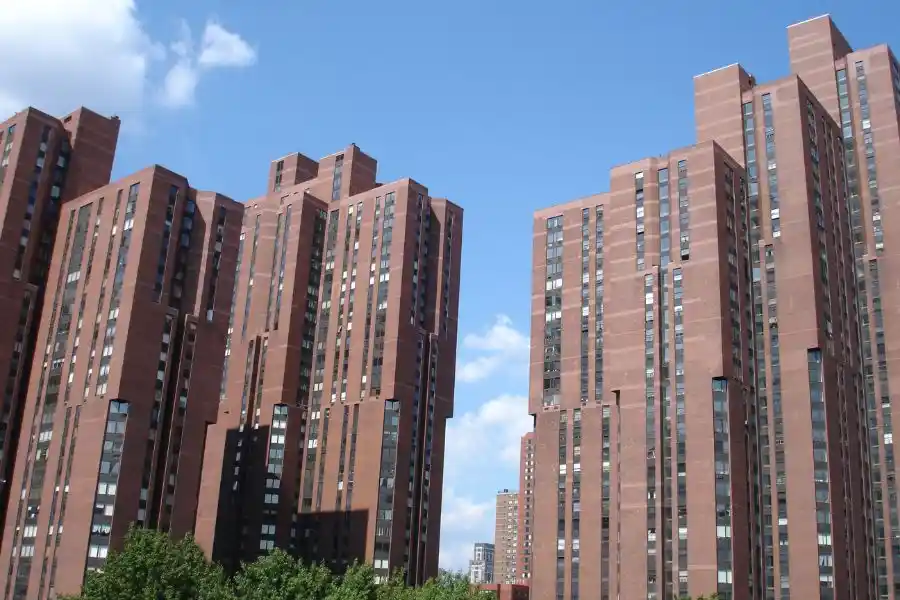Yes. NYC co-ops tend to be cheaper than and more affordable than condos on average. According to the Q3 reports, the average sale price of condos was 67% higher than co-ops in Brooklyn and 51% higher in Manhattan. But why are co-ops so much cheaper than condos?
Why are NYC Co-ops Cheaper Than Condos
Several factors derive the difference, including:
- Fewer Restrictions: Condos are easier to buy, and there are usually no subletting or rental restrictions. This makes them easier for a larger pool of buyers, including investors. However, more competition and desirability drive up the cost, making condos more expensive than co-ops.
- Building Age: Most condo buildings are relatively newer constructions. We used the comparable data from the co-op and condo provided by the NYC government to compare the average “Age” of the available listings. It’s about 98 years for co-ops and 61 years for condo buildings. Since co-ops have more stock of older units in the market compared to condos, they usually command a lower price.
- Price Appreciation: Historically, co-op prices have appreciated slower (about 4% per annum) compared to condos (6% per annum), which can accumulate to a significant difference.
- Size: In the same category (studio, one-bedroom, etc.), co-ops are, on average, smaller than condos. This shrinks the per-square-foot price difference but makes co-ops significantly cheaper (on average) than condos.
- Amenities: Condos often offer a wider range of amenities than co-ops, which adds to the price.

Thanks to this price difference, co-ops are naturally far more desirable than condos in NYC. In most quarters, a much higher percentage of co-ops are listed close to condos.
It’s essential to understand that the price is just one variable. You should have an experienced New York City Broker by your side to ensure that you are getting the best property for the amount you are spending and not just a discounted price.
Also Read: 3 Disadvantages of Co-op Living









